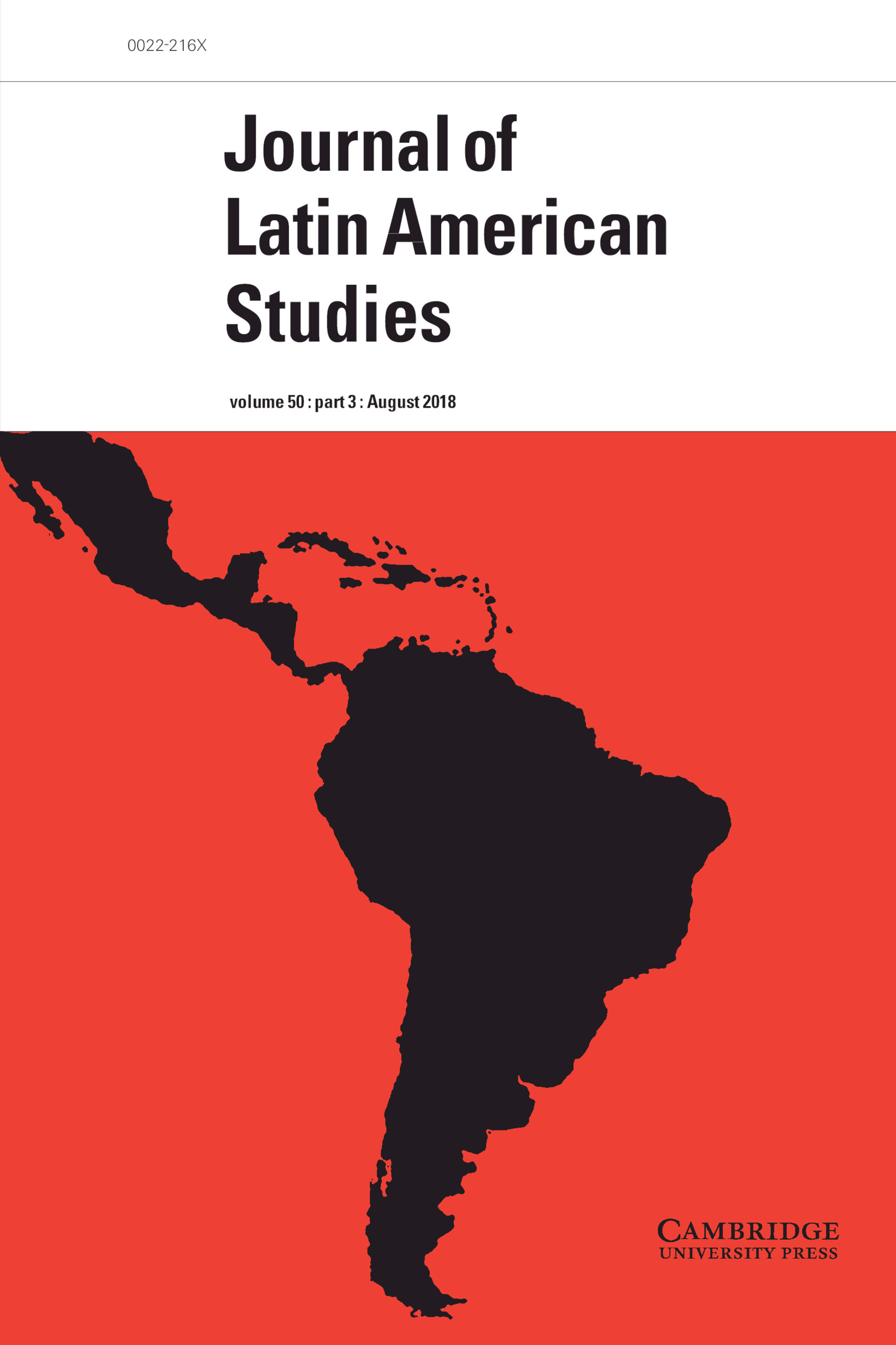New publications - Nuevas publicaciones
This book examines the process of transnationalization of Latin American television industries. Drawing upon six representative case studies spanning the subcontinent’s vast and diverse geo-political and cultural landscape, the book offers a unique exploration of the ongoing formation of interrelated cultural, technological, and political landscapes, from the mid-1980s to the present.
The chapters analyse the international circulation of the genres and formats of entertainment television across the subcontinent to explore the main driving forces propelling the production and consumption of television contents in the region, and what we can learn about the cultural and social identities of Latin American audiences following the journey of genres, formats, and media personalities beyond their own national borders.
Taking a contemporary interdisciplinary approach to the study of transnational television industries, this book will be of significant interest to scholars and students of television and film studies, communication studies, Latin American studies, global media studies, and media and cultural industries.
Juan Perón's decade-long regime, from 1946 to 1955, is often presented as Nazi-fascist and antisemitic - claims that are strongly rooted in Argentina's collective unconscious and popular culture. Challenging this widely held view, Raanan Rein asserts that there was greater Jewish support for Perón than previously believed, and that fewer antisemitic incidents took place in Argentina during Perón's rule than during any other period in the twentieth century.
Recovering the silenced voices of Jewish Argentines who supported Peronism from the beginning, Populism and Ethnicity is a historical, sociological, and political analysis that describes the many positive changes experienced by the Jewish community as a direct result of Perón's presidencies. Perón and his wife Eva gave numerous speeches denouncing antisemitism, and Perón's Argentina was the first Latin American country to open an embassy in the newly established State of Israel. Arguing that no president before Perón so unambiguously rejected discrimination against Jews, Rein shows that many Jews secured more important posts in government in the 1940s and 1950s than in previous years, among them members of the Argentine Jewish Organization, which became a section of the ruling Peronist party.
Deconstructing the myth of antisemitism during Perón's regime, Populism and Ethnicity looks deep into the heart of international memory for the truth behind Jewish-Argentine relations.
This article examines the dynamics of women's participation in the Communist Party of Uruguay (PCU) from the 1920s to the 1960s. Despite its commitment to women's emancipation and to equality between men and women, the PCU's attitudes towards gender equality were often contradictory and its messages were ambiguous. Though it promoted women's participation, the Party oscillated between seeking to overcome social prejudices, upholding principled and dogmatic positions, and accommodating the conservative habits prevalent among the working class. Women were encouraged to take part in activities but not to assume leadership positions. The 1960s, ironically a period characterised by openness and political success, was a decade of regression in gender equality that stood in contrast to the Uruguayan Communists' long trajectory concerning women's rights.
At the crossroad of intellectual, diplomatic, and cultural history, this book examines the growing transnational fows of people, information, and ideas between South American cities—mainly the port-capitals of Buenos Aires and Rio de Janeiro—during the period of their modernization. The book reconstructs this largely overlooked trend toward connectedness both as an objective process and as an assemblage of visions and policies concen-trating on diverse transnational practices such as translation, travel, public visits and conferences, the print press, cultural diplomacy, intertextuality, and institutional and personal contacts. Inspired by the entangled history approach and the spatial turn in the humanities, the book highlights the importance of cross-border exchanges within the South American conti-nent. It thus offers a correction to two major traditions in the historiog-raphy of ideas and identities in modern Latin America: the predominance of the nation-state as the main unit of analysis, and the concentration on relationships with Europe and the United States as the main axis of cultural exchange. Modernization, it is argued, brought segments of South Amer-ica’s capital cities not only close to Paris, London, and New York, as is commonly claimed, but also to one another both physically and mentally, creating and recreating spaces, ways of thinking, and cultural-political proj-ects at the national and regional levels.




